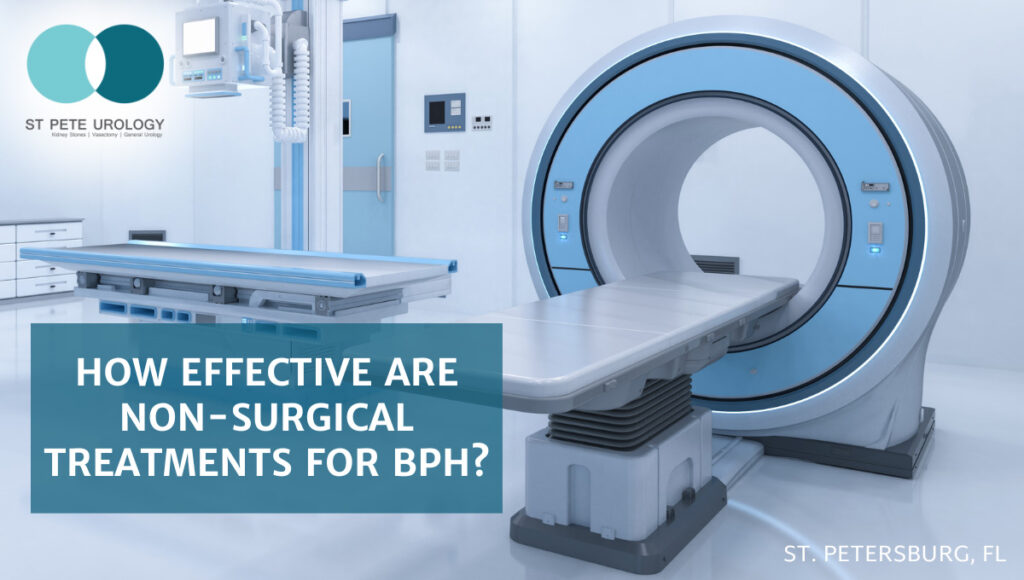Key Takeaways:
- Testicular cancer is a serious type of cancer that mainly affects men between the ages of 15-35 and is more common in white men.
- Early diagnosis and successful treatment of testicular cancer is essential for improving patient prognosis and is possible with self-exams and tests such as ultrasounds and CT scans.
- Long-term survival rates and quality of life for survivors are generally high, though further research is needed to find better approaches to diagnosing and treating testicular cancer.


Introduction
Overview of Testicular Cancer
Testicular cancer is a rare cancer that typically affects men between the ages of 15 and 35. It occurs when abnormal cells rapidly divide in one of the two testicles. Symptoms of testicular cancer include swelling and pain in the testicles, a feeling of heaviness in the scrotum, and a decrease in size of a testicle. If not treated early, testicular cancer can spread to other parts of the body such as the lymph nodes or lungs.
Explanation of Risks Associated with Testicular Cancer
It is important to understand the risks associated with testicular cancer. While the exact cause of testicular cancer is unknown, certain factors are thought to increase a man’s risk, such as certain genetic diseases, previous testicular cancer, undescended testicles, and a family history of testicular cancer. Additionally, race and age can increase an individual’s risk of developing testicular cancer. Men who are of white descent are at a greater risk than men of other races, and men between the ages of 15 and 35 are the most likely to develop testicular cancer.
Early Diagnosis of Testicular Cancer
The earlier testicular cancer is detected, the better the prognosis for the patient. Early detection is essential for improving the prognosis, as it is more likely to be easier to treat than testicular cancer detected in its later stages.
Benefits of Early Diagnosis
Early diagnosis is essential for improving the prognosis for testicular cancer patients. This is because if cancer is found in the early stages, when it is most treatable, treatment can begin immediately. Additionally, a patient’s chances of successful treatment are much greater in the early stages, as the cancer has yet to spread to other organs or parts of the body.
Detection Methods
The first step in early diagnosis is to perform a self-exam. Men should check their testicles regularly to look for any changes, such as swelling, lumps, or tenderness. If a man notices any changes, he should see a doctor right away. Additionally, a doctor may also recommend certain tests to diagnose testicular cancer. This may include an ultrasound, CT scan, or biopsy.
Outcomes and Treatment of Testicular Cancer
Treatment for testicular cancer depends on an individual’s stage of cancer, health, and preferences. Common treatments include surgery, radiation therapy, and chemotherapy. Surgery is the most common treatment for testicular cancer, with the goal of removing all of the cancerous cells. Radiation therapy is used to attack residual cancer cells after surgery. Chemotherapy is used to shrink the cancer and to kill cancer cells that have spread.
Clinical Trial Outcomes
Clinical trials are ongoing to determine the best ways to diagnose and treat testicular cancer. Researchers are looking into new treatments, such as immunotherapies, that may be effective at treating testicular cancer. At the same time, they are also exploring new ways to diagnose testicular cancer.
Prognosis Following Treatment for Testicular Cancer
The prognosis for testicular cancer is generally very good. Most men who receive treatment for testicular cancer are cured and become cancer-free.
Long-Term Survival Rates
Men who are treated for testicular cancer have a high chance of long-term survival. According to the American Cancer Society, the five-year survival rate for stage I testicular cancer is 98%. The survival rate decreases slightly for more advanced stages, but it is still very high in stages II, III and IV, with five-year survival rates between 97-94%, respectively.
Quality of Life for Survivors
Most men who receive treatment for testicular cancer will make a full recovery and lead a normal life. However, there may be certain side effects associated with treatment that affect the quality of life of the patient. These side effects may include fatigue, infertility, or issues with sexual desire or performance. These can be managed with physicians so that the patient can lead a good quality of life.
Conclusion
Early diagnosis of testicular cancer is essential for improving its prognosis. Modern detection methods such as self-exams and tests such as ultrasounds and CT scans are key in detecting it in its early stages. Treatments for testicular cancer, including surgery, radiation therapy, and chemotherapy, have improved greatly since its initial discovery, leading to more successful outcomes for patients. Additionally, clinical trials are ongoing to find new and more effective ways to diagnose and treat testicular cancer.
Overall, early diagnosis and successful treatment of testicular cancer can lead to better prognosis for patients. Long-term survival rates are high, and most men who receive treatment are able to lead a normal life. Further research is needed to determine the best approaches to diagnosing and treating testicular cancer.
St. Pete Urology is a specialized Urology practice in St. Petersburg, Florida, focused on providing the best and most modern urological care. Their team of board-certified practitioners is dedicated to ensuring that you get the best treatment and experience possible. With access to state-of-the-art technology and a team of experts, St. Pete Urology is the right choice for those in the St. Petersburg area for all of their urological needs.
REFERENCES:
- “Testicular Cancer: Diagnosis.” https://www.cancer.net/cancer-types/testicular-cancer/diagnosis.
- “Risk Factors for Testicular Cancer.” 17 May. 2018, https://www.cancer.org/cancer/testicular-cancer/causes-risks-prevention/risk-factors.html
- “Testicular Cancer Survival Rates.” 1 Mar. 2022, https://www.cancer.org/cancer/testicular-cancer/detection-diagnosis-staging/survival-rates.html.




